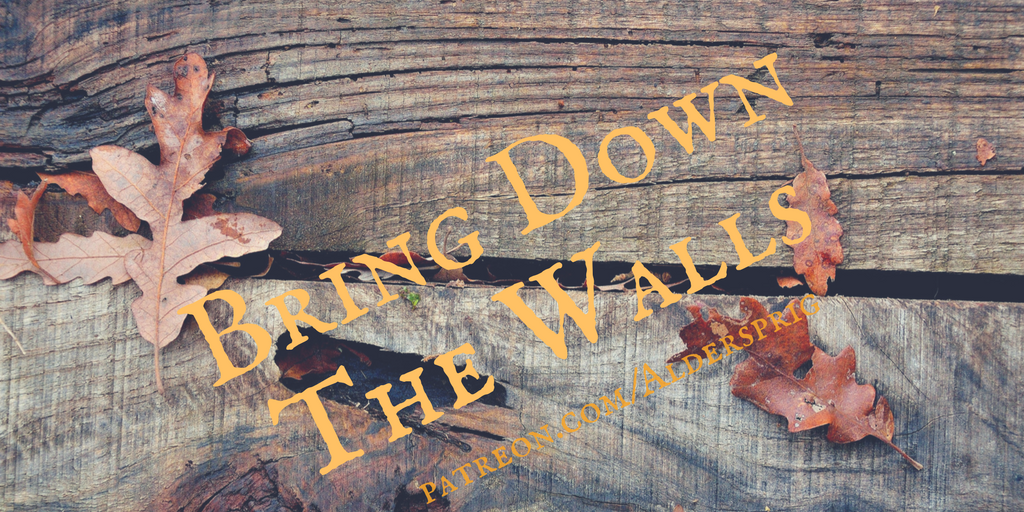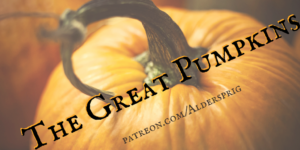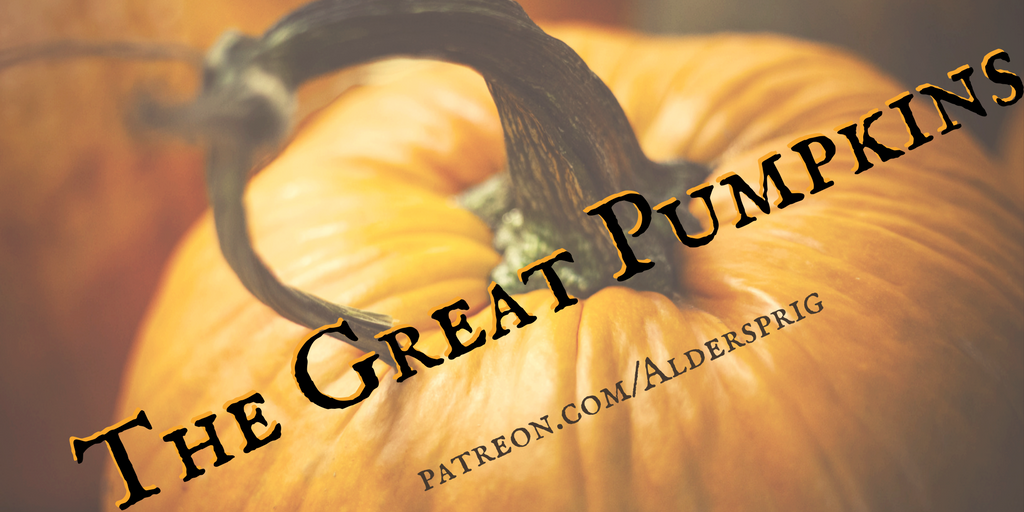Written to Anke’s prompt.
🦓
When you spend your time trying to learn as much as possible about the other people around you and working on finding the best in all of them – sometimes by viewing them by your cultural standards, sometimes by theirs, sometimes by some neutral third party – and then you find them using a kind of casual racism against creatures you think of as being the same as them, you tend to find yourself a little shocked or, if you are like me, a little stupefied.
I was, I’m afraid to say, used to the casual racism of humans towards the magical races, especially the categories we called The Small (or Tiny) Races and The Beast Races – Tinies, Pixies, Gremlins and the lot in the first category; centaurs, harpies, fauns and such in the second. But I spent a lot of my time talking to Zizney, and thez, it seemed, treated all smaller races as, well, smaller but not particularly lesser, just curious. And the worst I had ever heard any of the Smiths say about another dragon was a sort of personal insult, along the lines of “messy and untidy scales.”
Now, I full well know the danger of extrapolating such experiences out. Not only is one dragon different from another, a dragon is inherently different from a harpy, and so on. “We are all people” is a good way to treat people but not a good way to try to understand behavior patterns.
But knowing the dangers of something is different from remembering and internalizing those dangers. So when I encountered Leeland, the dapple Bay centaur from down the street, passing by the new neighbors’ stable, I was stunned to hear him mutter “ugh, Zebra-centaurs.”
I was actually stunned enough that I stopped and stared at him. He was several steps along before he stopped to look back at me. “What?” He flicked his tail at me.
“’Ugh?’” I quoted back at him. The family moving into the stable was, indeed, zebra- looking, the stripes going up into the clothing they wore over their humanoid torsos. “Really?” I didn’t even have the words for I thought you were one of the good guys, come on.
Now that I think about it, those would have been the words.
“They’re not centaurs. Everyone thinks they are, and, I mean, in English the word is just zebra-centaur, but they’re no more centaurs than zebras are horses. They’re pushy.” He wrinkled his nose and pushed out air in a very horsey gesture. “And that’s the problem. They’re going to come in. They’re going to be loud and pushy and in everyone’s faces, and everyone’s going to say ugh, centaurs, and it’s not us, it’s them.”
I didn’t really want to interfere in intra-species – or inter-species – troubles, but I couldn’t help myself. It’s what I do, after all. “So you know these zebra-centaurs already?”
“I know about zebra-centaurs. We’ve been through this before. They’re loud. And messy.”
I lifted up an eyebrow. “And all centaurs are brilliant scholars and great aims with an arrow,” I added, as if I was agreeing with him – with Leeland, who was a blacksmith.
“That’s not true! That’s…” He huffed at me. “That’s not the same.”
“Well then. Perhaps I’ll have your family and the new family over for dinner, and you can all explain it to me. In detail.”
“…With tea?” He looked at me out of the side of his eye. I smiled at him.
“Yes, of course, with tea.”
“… I can handle loud and messy for that long. Fine.”
I hadn’t solved anything. All I’d done was planted a seed, and it might never take root.
But when you spend your time trying to learn as much as possible about the other people around you, sometimes you have to spread that back out a little, like collecting manure, and hope it doesn’t stink up the place too much in the process.
🦓
I had been watching: https://youtu.be/DEaWFX5nzg0?t=174 over my husband’s shoulder. (Ignore the part on cats; they’re wrong).
Want more?











